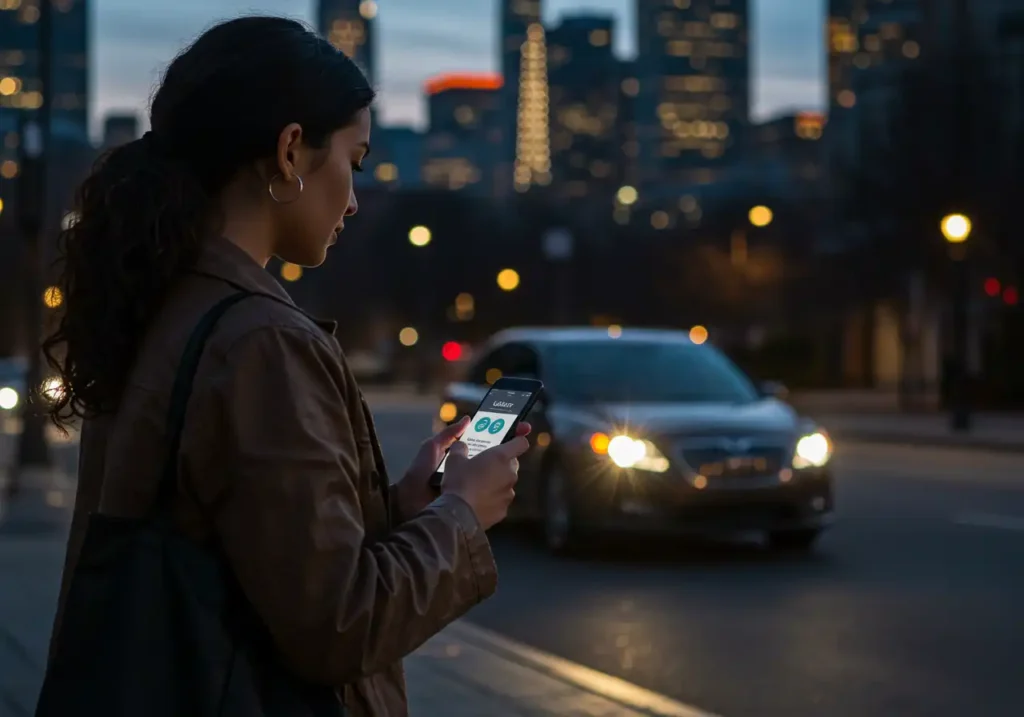How the Women Driver Preference Works
The Women Driver Preference option is available in the Uber app’s safety settings. Eligible riders can turn it on, and the system will prioritize matching them with female drivers. While Uber notes that this may sometimes increase wait times, the intention is to give riders greater control over their ride experience.
Currently, this feature is being tested in several major cities, with plans to expand if rider and driver feedback is positive. The option is not yet available in every market, and its impact on safety metrics is still being evaluated.
Does Choosing a Woman Driver Change Liability After a Crash?
From a legal perspective, the driver’s gender does not affect the framework for determining liability after an Uber accident. Liability is still based on who caused the accident, whether another driver, the Uber driver, or a combination of both. However, selecting a woman driver could influence other factors in your case, such as witness credibility or the ability to reconstruct the events if a dispute arises.
Learn more about how liability is determined in Uber accidents.
Evidence to Preserve if a Safety Incident Occurs
In any Uber accident or incident, preserving evidence is critical. If you are using the Women Driver Preference and something goes wrong, here’s what to save:
- In-app ride details (screenshots of the trip, driver profile, and settings)
- Photos of the accident scene or any visible injuries
- Medical records and police reports
- Any in-app communications or post-ride feedback
We have a full guide on what evidence you need for an Uber accident claim.
Potential Benefits of the Women Driver Preference
This feature may help reduce certain safety risks, particularly for women and nonbinary riders who feel more comfortable riding with female drivers. It could also encourage more women to become Uber drivers, potentially creating a safer overall environment. However, its actual impact will depend on proper implementation, training, and oversight.
Steps to Take After an Uber Ride Injury
If you are injured during a ride—regardless of driver gender—follow these steps:
- Call 911 for medical attention if needed.
- Report the incident in the Uber app’s Safety Toolkit.
- Gather evidence and witness statements.
- Consult a rideshare accident lawyer to understand your legal rights.
We also have a detailed step-by-step guide to filing an Uber accident claim.
Common Questions About the Women Driver Preference
- Does this feature change Uber’s insurance coverage?
- No. Insurance coverage still depends on the driver’s app status and whether a ride was in progress.
- Can I request a woman driver for a scheduled trip?
- Yes, in participating cities. Just be aware that availability may be limited, leading to longer wait times.
- What if no female driver is available?
- The app may connect you with a male driver if no eligible match is nearby. You can cancel without penalty in many cases, but check local policies.
Why Legal Advice Matters
Even with enhanced safety features, accidents and incidents can still occur. Having legal counsel ensures you understand your rights, know how to handle evidence, and can pursue fair compensation. If your case involves unique elements—like this preference setting—your lawyer can present them effectively to support your claim.

